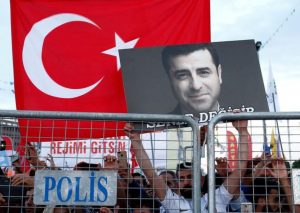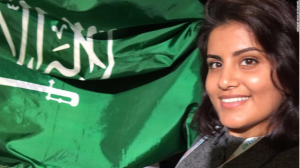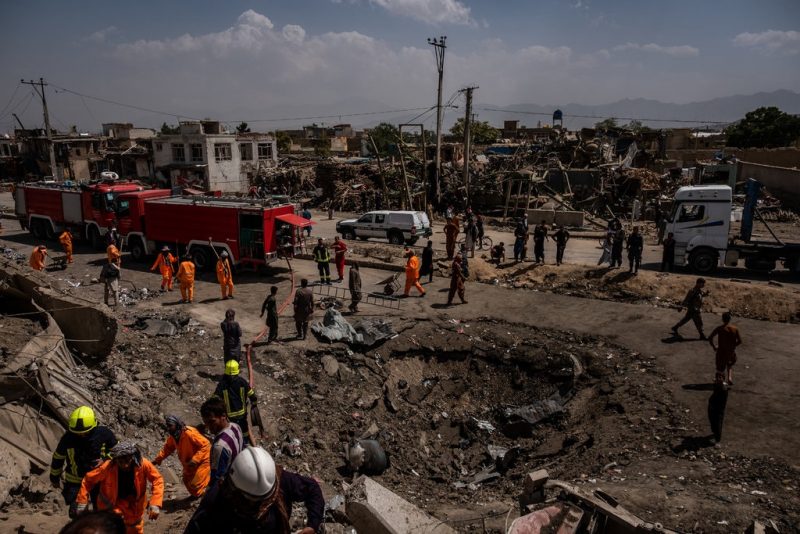By: Benjamin Kaufman
Journal of Global Rights and Organizations, Senior Articles Editor
STRASBOURG, France – Following the publication of a ruling in which the ECHR reprimanded Turkey’s refusal to adhere to a 2018 judgment by the court, an as-of-yet unattributed cyberattack was carried out against the court’s website on December 22, 2020.

The Grand Chamber’s decision, understood to have prompted the hack, came 4 years after the imprisonment of Selahattin Demirtaş, the leader of a pro-Kurdish political party called the Peoples’ Democratic Party (HDP) and former member of the Turkish Parliament. HDP is one of the left-leaning opposition parties to President Recep Tayyip Erdoğan’s Justice and Development Party (AKP).
HDP was alleged to have ties to the Kurdish Workers Party (PKK) based on contemporaneous tweets calling for public demonstrations from both organizations in October of 2014. Those public demonstrations led to several dozen deaths and for which PKK was blamed. In May 2016, the Turkish parliament voted to amend the Turkish Constitution to selectively suspend parliamentary immunity and permitted police to arrest Demirtaş along with 7 other HDP members of parliament for incitement among other terrorism-related offenses on November 4, 2016. Since that time, Demirtaş has remained imprisoned by Turkish authorities.
The first review by the ECHR of Demirtaş’s case came in 2018. When the Grand Chamber heard his claim in 2020, it considered six alleged violations stemming from the pre-trial detention: that the pre-trial detention violated his freedom of expression both by denying his ability to sit once elected and by invalidating parliamentary immunity owed to a member of parliament; that his imprisonment was intended to suppress and deter opposition, that his detention was supported by insufficient proof, that the Turkish Codes of Criminal Procedure lacked sufficient remedy for such complaints, and that the time taken to review his initial application was a violation of his right to a speedy trial.
In its judgment, the Grand Chamber largely dismissed the Government’s arguments in favor of Demirtaş’s claims calling his incarceration “a dangerous message to the entire population” to stifle civil society and deter opposition. The Grand Chamber ordered Turkey to take all necessary measures to immediately release Demirtaş based on violations of his rights under Articles 10, 5 §§ 1 and 3 of the Convention, Article 3 of Protocol No. 1 to the Convention, and Article 18 in conjunction with Article 5.
For these violations, the Grand Chamber awarded Demirtaş EUR 3,500. Additionally, the Grand Chamber ordered the State to compensate Demirtaş for non-pecuniary damages assumed by virtue of his imprisonment in the amount of EUR 25,000. Furthermore, the Grand Chamber awarded the full amount claimed for court expenses, totaling EUR 31,900 for his representatives’ hourly rate and translation costs.
Shortly after publishing its judgment, the ECHR’s website was subjected to a cyberattack that took it offline for roughly 16 hours. The ECHR issued a statement noting that the cyberattack began shortly after the Demirtaş decision was published and “strongly deplor[ing] this serious incident.”
ECHR’s website is back online, though responsibility for the attack has not yet been claimed.
For further information, please see:
Human Rights Watch – Turkey: Opposition Politicians Detained for Four Years – 19 Nov. 2020
InfoSecurity Magazine – Sarah Coble: Cyber-attack on European Court of Human Rights – 23 Dec. 2020

